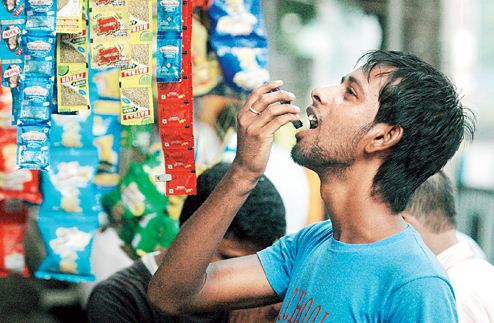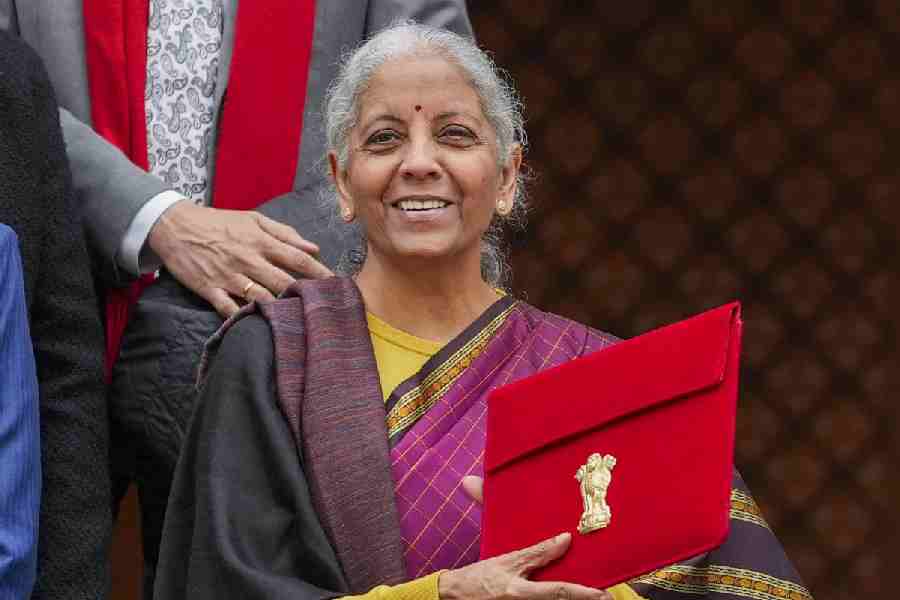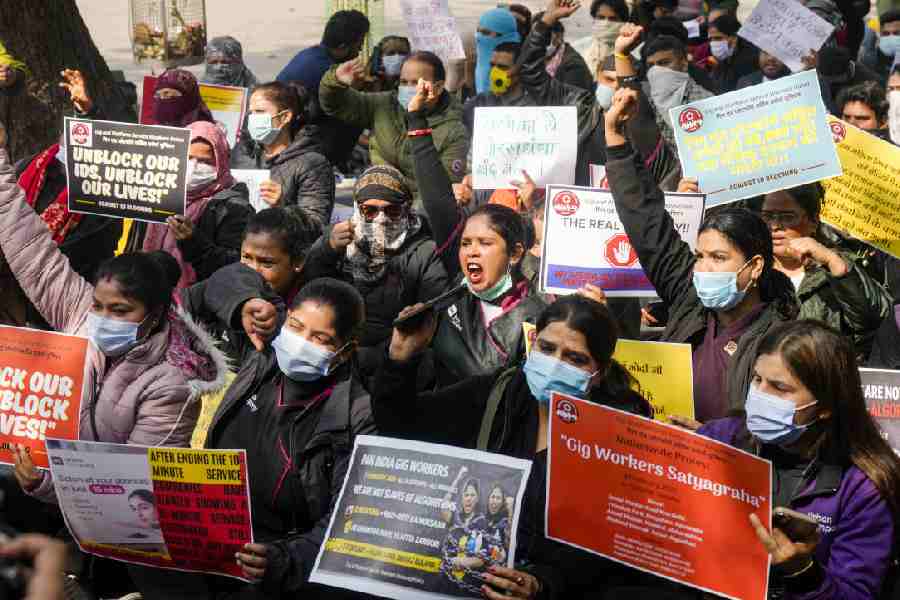Mehrunnissa, 60, a resident of Ghatkopar west, a suburb of Mumbai, gets her high from a neighbourhood paan shop. 'I just go and stand at the paan shop near my building and tell him mera dava dena (give me my medicine),' she says nonchalantly.
Mehrunnissa is hooked to gutkha — a lethal mix of crushed areca nut, tobacco, catechu, paraffin, slaked lime and sweet or savoury flavourings — and one of the commonest causes of cancer in India.
But for many in Maharashtra, getting hold of gutkha is fast becoming a tough task. In July 2012, Maharashtra banned both gutkha and paan masala. One year later, in July 2013, it made the ban much more comprehensive by prohibiting the manufacture and sale of all chewing tobacco products such as zarda, khaini, kharra and others.
To date, 26 states and seven Union territories have banned the sale, manufacture, distribution and storage of gutkha and all its variants under the Food Safety and Regulation (Prohibition) Act, 2011. But Maharashtra's seems to have been the biggest success story.
Dr P.C. Gupta, director of the Healis Sekhsaria Institute for Public Health in Navi Mumbai, has found in a study that the ban has been resoundingly successful in the state, raising hopes that the experiment could work all over the country, provided there is effective enforcement.
Until 2002, Maharashtra had the largest number of gutkha manufacturers in the country, with the biggest plant, owned by the Manickchand group, operating in Pune. In 2011, the state used to consume Rs 100 crore worth of gutkha daily, with Mumbai alone consuming Rs 25 crore's worth every day, according to former leader of the Opposition in the state legislative council, Pandurang Phundkar.
A year and a half into the ban, anti-tobacco and anti-gutkha activists are happy that they have prevented over 70 lakh new addicts every year in the age group of 11 years onwards from destroying their lives.
The tale of the gutkha ban in Maharashtra began with a motley group of doctors, NGOs and public health officials publicising the horrendous, and ultimately tragic, effects of gutkha use.
Their case was bolstered by the first-hand account of a number of oral cancer patients. Dr Pankaj Chaturvedi, a head and neck surgeon at the Tata Memorial Hospital in Mumbai, and a prime mover of the ban, took around several cancer patients to the Mantralaya (the seat of the Maharashtra government) and the chief minister's office.
Among them was 17-year-old Roshan Wankhede from Amravati. In an interview, Roshan, who died some months later, said peer pressure led him to become a gutkha addict. Roshan had just quit the habit when he was diagnosed with mouth cancer. 'Earlier, there used to be a picture of a scorpion on the packet. We didn't know what it meant. It was only when the warning 'Tobacco causes cancer' came in a bigger type that we stopped having gutkha,' he said.
Roshan is just one among the thousands that fall victim to gutkha use every year. Indeed, the numbers Dr Chaturvedi cites are sobering. 'Eighty per cent of the cancers I treat are caused by tobacco use; 50 per cent of my patients are younger than 40 years. India has one million tobacco deaths every year and 80 per cent of them are due to chewing smokeless tobacco that could be in the form of paan masala or gutkha,' he says.
Mahesh Zagade, commissioner of the state Food and Drug Administration (FDA), was the other architect of the ban. A no-nonsense, upright officer, he ensured that his small band of 200 FDA officers enforced the ban rigorously. 'We prepared an elaborate plan on what the FDA officers would do on a day-to-day basis,' says Zagade.
He wrote letters to the collectors, CEOs of zilla parishads and panchayat samitis in the state, saying that the ban was not just a regulatory step but a social mission and that everybody should be a stakeholder in its enforcement. 'We also thought of drying out the supply chain. I went to railway stations to inspect trains that we knew were carrying gutkha supplies,' says Zagade.
Since the ban, Zagade and his team have seized Rs 30 crore worth of gutkha, a record in the entire country. In other states, including West Bengal (see box), FDA notifications have been watered down to exclude a lot of variants of gutkha and paan masala — one of the main reasons the ban is yet to have any major effect there.
Zagade has also ensured that not a single gutkha manufacturing unit functions in the entire state. Last month he raided a factory in Raigad that was being set up to manufacture gutkha. In fact, he and his team have inspected 62,000 premises to make sure these were not indulging in clandestine manufacture of gutkha.
Gutkha as a product sprang from the paan masalas that first became popular in the 1970s. Rajnigandha and Pan Parag were the big brand names then. They were aggressively advertised — with even such Bollywood legends as Shammi Kapoor and Ashok Kumar pitching for them. It is not clear when and how tobacco was added to the mix, making it into gutkha. But Rasiklal Manikchand Dhariwal (owner of the Manikchand brand of gutkha) and Jagdish Mohanlal Joshi (who later started GOA gutkha) made gutkha very popular.
These brands were also high profile. Manikchand regularly sponsored the Filmfare awards while other gutkha manufacturers threw their weight behind the Zee Cine awards and other Bollywood awards. In 2007, the Dhariwals had a Rs 8 billion company.
Not content with targeting adults, gutkha manufacturers began to pitch their products to children too. Brands such as Teacher, Sir and Guitar came about to appeal specifically to children. Indeed, by the end of the 1990s and early 2000, gutkha had beaten all paan masalas, zardas and other variants in sales and market share.
But in Maharashtra at least, gutkha is now being made to bite the dust. Thanks to the strict enforcement of the ban, the state seems to have been able to stem the dangerous tide of gutkha use. If other states follow Maharahtra's example, India may see fewer cases of fatal cancers in the years to come.
Failed ban
Though West Bengal banned the manufacture and sale of gutkha in May 2013, unlike Maharashtra, it is yet to enforce the ban effectively.
In fact, Dr Pankaj Chaturvedi of the Tata Memorial Hospital feels that the ban has been an utter failure in the state. As paan masala has not been banned, manufacturers have started selling the tobacco powder in a separate packet along with paan masala. When you mix the two, you get — you guessed it — gutkha.
According to the 2013 Rural Development Survey, West Bengal, 50 per cent of cancers in rural areas is related to tobacco use. And as many as 2 crore people in rural Bengal use tobacco, out of which, says Dr Chaturvedi, 80 per cent use gutkha.
Says Subrata Mukherjee, state panchayat minister, 'The ban is on in West Bengal but if it is still being sold in some other manner, we have to look into it.'
Perhaps the state could take a leaf out of Maharashtra's book?
— Moumita Chaudhuri











